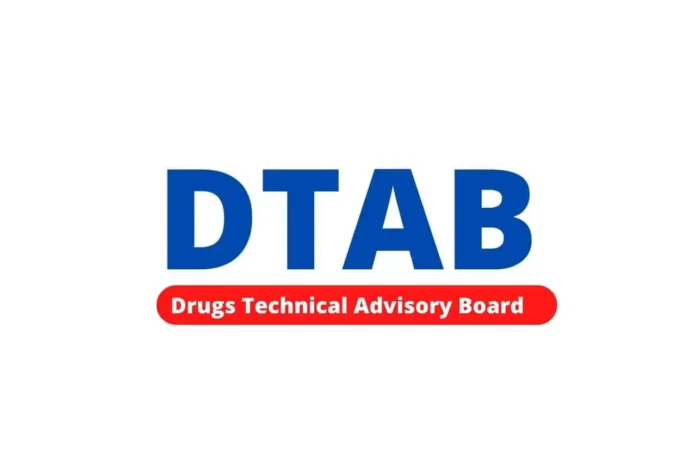Last Updated on April 2, 2024 by The Health Master
Nimesulide
Nimesulide: In recent years, concerns have been raised regarding the potential adverse effects of nonsteroidal anti-inflammatory drugs (NSAIDs) on both animal and human health.
One such NSAID, nimesulide, has come under scrutiny due to its detrimental impact on vultures, prompting discussions about its implications for human use.
This article delves into the recent decisions and recommendations by the Drugs Technical Advisory Board (DTAB) regarding the ban on veterinary use of nimesulide and its potential effects on human beings.
Understanding the DTAB’s Decision
Background of the Issue
The DTAB, an expert body advising the drug regulator, has recommended a ban on the veterinary use of nimesulide formulations.
This decision stems from concerns raised by the Bombay Natural History Society (BNHS) regarding the adverse effects of nimesulide on vulture populations in India.
DTAB’s Recommendation for Research
The DTAB has urged the Indian Council of Medical Research (ICMR) to conduct a study on the effects of nimesulide on adult humans.
This recommendation follows the prohibition of nimesulide usage in children below 12 years due to safety concerns.
The Impact on Vulture Conservation
Toxicity to Vultures
Similar to other NSAIDs such as diclofenac, aceclofenac, and ketoprofen, nimesulide has been found to be toxic to vultures.
Its usage in veterinary medicine poses a significant threat to vulture populations, leading to mortality through visceral gout and renal failure.
Collaborative Research Efforts
Collaborative efforts between BNHS and the Indian Veterinary Research Institute (IVRI) have shed light on the detrimental effects of nimesulide on vultures.
Studies have shown that vultures treated with nimesulide experienced mortality within 24 hours, emphasizing the urgency of addressing this issue.
Implications for Human Health
Regulatory Measures
The DTAB’s recommendation to ban veterinary use of nimesulide formulations raises questions about its implications for human health.
Since nimesulide is also used in human medicine, regulatory measures must encompass the manufacturing, distribution, and sale of formulations suitable for large animals.
Potential Risks to Humans
While the focus has been on its impact on vultures, concerns about the potential risks of nimesulide to human health have also been raised.
The ICMR’s proposed study aims to evaluate these risks and inform future regulatory actions.
Addressing Loopholes and Ensuring Safety
Preventing Misuse
To prevent the misuse of nimesulide formulations intended for veterinary use, regulatory authorities must implement stringent measures.
This includes issuing instructions to manufacturers to destroy existing stock and monitoring the distribution channels effectively.
Learning from Past Mistakes
The history of diclofenac usage highlights the importance of proactive measures to safeguard both animal and human health.
By learning from past mistakes, regulatory bodies can mitigate the risks associated with NSAIDs like nimesulide.
Disclaimer: This article contains information derived from the source mentioned below. Our team utilized an AI language model to rewrite and present the news or article in a unique format.
Govt notifies Patent (Amendment) Rules, 2024
Ketamine: Understanding its Classification and Regulations in India
USFDA approval granted for generic Doxycycline for Injection
The Role of FOPE in Shaping Pharma Pricing Policy
USP signs MoU with IPC for Pharmaceutical Standards
Exploring Opportunities: Russia Invites Collaboration with Indian Pharma Companies
DTAB: Prescription for Nicotine Replacement Therapies
Regulatory Control to Combat the Menace of Spurious / Counterfeit Drugs
Govt to Enhance Local Manufacturing of Drugs and Medical Devices
The proposal for a Unified Drug Regulatory Authority in India











